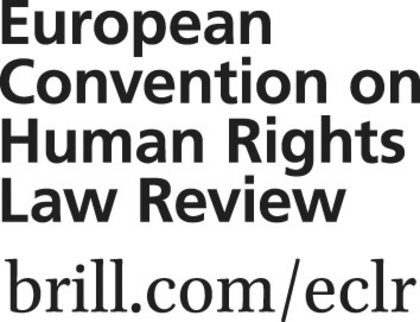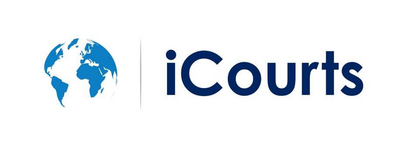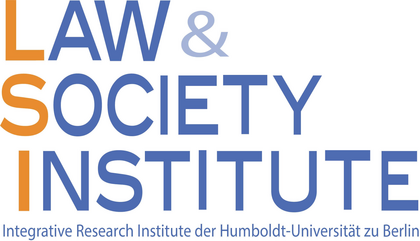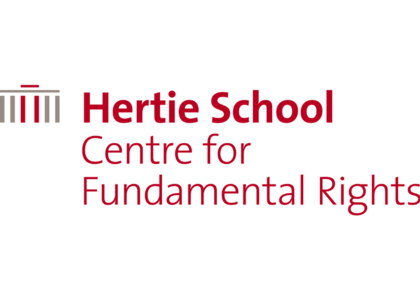This event is organised by the Hertie School Centre for Fundamental Rights in collaboration with the European Convention on Human Rights Law Review; the Danish National Research Foundation's Centre of Excellence for International Courts; and the Law & Society Institute at Humboldt University, Berlin.
There is an entrenchment across Europe of domestic laws, policies and practices that run counter to the foundational principles of the Council of Europe as an international organisation that protects and nourishes the rule of law, human rights and democracy.
This panel will discuss the responses to the decay of the rule of law and human rights protections by five Council of Europe institutions: the European Court of Human Rights, the Venice Commission, the Parliamentary Assembly, the Committee of Ministers and the Secretary General of the Council of Europe. How have these Council of Europe institutions responded to the decay of human rights and rule of law protections in Europe? What influence has the overall political context in Europe had on such responses? Have the Council of Europe institutions been able to insulate themselves from political constraints when acting as guardians of Council of Europe values?
The European Convention on Human Rights Law Review Special Issue on this theme is freely accessible here.
Prior registration is required. Please register here.
Speakers
Başak Çalı is Professor of International Law at the Hertie School and Co-Director of the School's Centre for Fundamental Rights. She is an expert in international law and institutions, international human rights law and policy. She has authored publications on theories of international law, the relationship between international law and domestic law, standards of review in international law, interpretation of human rights law, legitimacy of human rights courts, and implementation of human rights judgments. Çalı is the Chair of European Implementation Network and a Fellow of the Human Rights Centre of the University of Essex. She has acted as a Council of Europe expert on the European Convention on Human Rights since 2002.
Esra Demir-Gürsel is a Georg Forster Postdoctoral Research Fellow of AvH Foundation at Humboldt Universität zu Berlin, Faculty of Law. Her research investigates the limits of human rights law to protect those affected by authoritarian laws and policies, women, LGBTQI+ and religious minorities. She is the co-editor of The European Court of Human Rights: Current Challenges in Historical Perspective (Edward Elgar, 2021) with Helmut Philipp Aust and co-editor of the special issue of the ECHR Law Review on "The Council of Europe's Responses to the Decay of The Rule of Law and Human Rights Protections" with Başak Çalı.
Mikael Rask Madsen (MRM) is a professor of European Law and Integration, at the Faculty of Law, University of Copenhagen. Trained as both a lawyer and sociologists, his research focuses on international law and institutions, the evolution of the legal profession, human rights, and the transformation of the state since the Second World War. He is the founder and director of iCourts, Centre of Excellence for International Courts, where he has led large comparative studies of the development of international courts and their different trajectories. He is the author of numerous books and articles, including International Court Authority, Oxford University Press, co-edited with KJ Alter & LR Helfer and 'Between Universalism and Regional Law and Politics: A Comparative History of the American, European and African Human Rights Systems' in International Journal of’ Constitutional Law, co-authored with A Huneeus.
Anne-Katrin Speck is a PhD researcher within the Human Rights Centre at Ghent University. Their research focuses on the evidence regime developed by the European Court of Human Rights, as part of Professor Marie-Bénédicte Dembour’s ERC-funded project “DISSECT: Evidence in International Human Rights Adjudication”. Anne holds an LL.M. in International Human Rights Law from Essex University, UK and a B.A. in International Relations from Technische Universität Dresden, Germany. They are a ‘pracademic’, having moved between the worlds of academia, civil society, and international organisations. Before joining Ghent University’s Human Rights Centre in June 2020, Anne acted as Co-Director of the European Implementation Network (EIN), an NGO based in Strasbourg that works with civil society actors from across the Council of Europe region to promote the implementation of judgments of the European Court of Human Rights.
Emre Turkut is a postdoctoral researcher at Hertie School’s Centre for Fundamental Rights. He received his PhD in international law from Ghent University in December 2020 and remains an affiliated researcher at the Ghent Rolin-Jaequemyns International Law Institute (GRILI). Emre’s research covers a variety of fields within the domain(s) of public international law, international human rights law and comparative constitutional law including states of emergency, derogations, emergency powers, counter-terrorism, international law in domestic courts, transnational judicial dialogue and judicial politics in authoritarian regimes.
Chair
Vassilis P. Tzevelekos is a Senior Lecturer in Law at the University of Liverpool School of Law and Social Justice. He is an expert in general international law and in human rights protection. He has published in various areas, including theory of general international law, human rights law and the interaction between the two -with emphasis on the system of the European Convention on Human Rights. He is the Co-Editor-in-Chief of the European Convention on Human Rights Law Review. He is qualified with the Athens Bar and a Member of the United Nations Human Rights Council Advisory Committee. He holds a PhD on Public International Law from the European University Institute.





